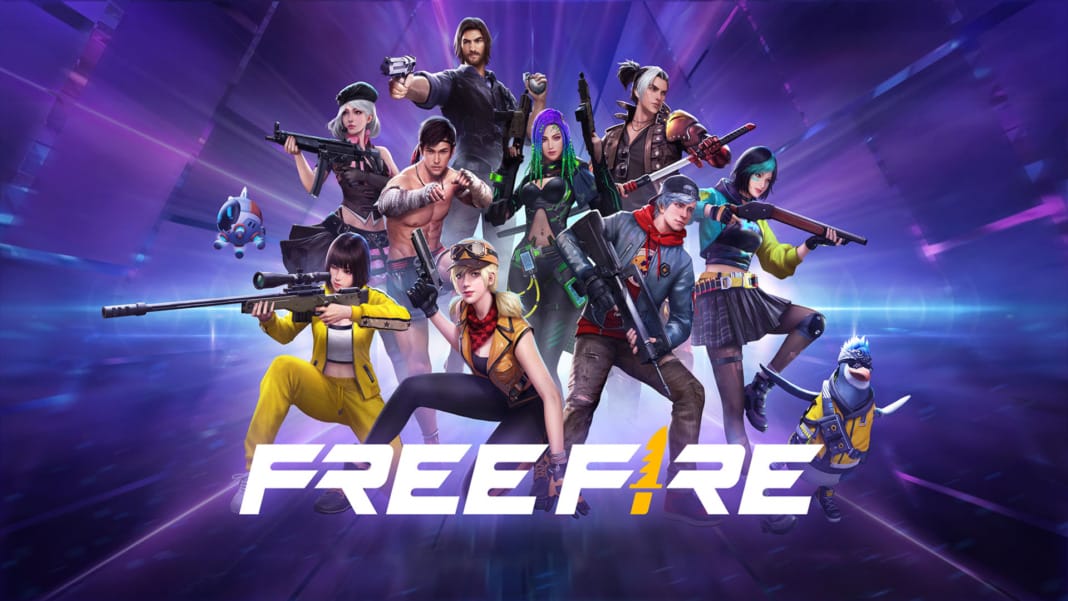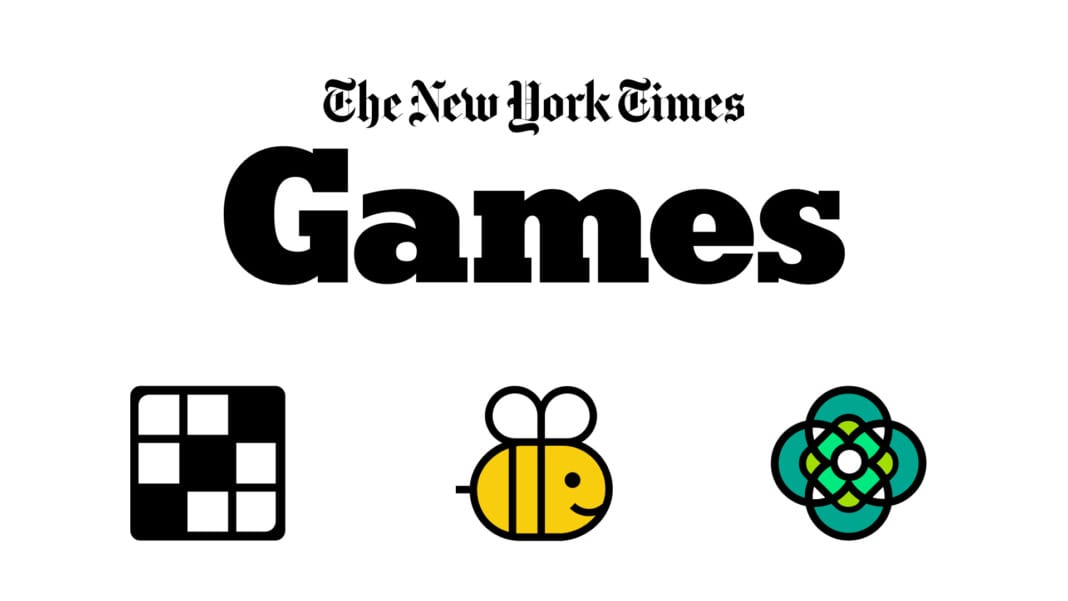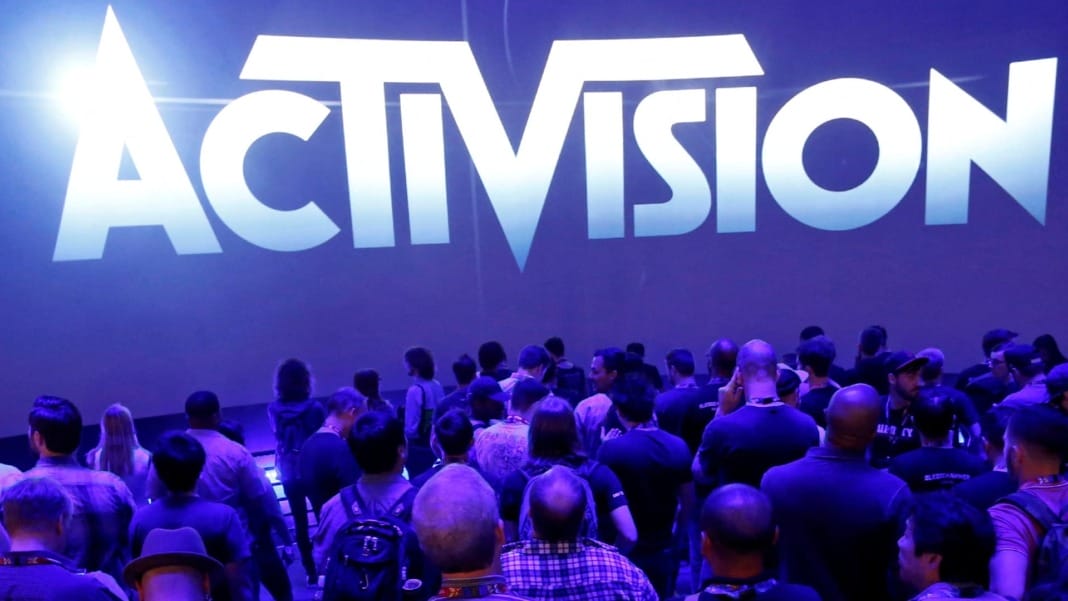In a rapidly expanding landscape of mobile gaming, Sea’s Garena has found itself in limbo with its famous game, Free Fire, in India. Announced over six months ago, the highly anticipated relaunch of Free Fire in India has yet to materialise, raising eyebrows and concerns amongst entrepreneurs and investors keenly observing Sea’s strategic moves in the lucrative South Asian market.
A prolonged wait
The initial announcement to reintroduce Free Fire in India came in August last year, promising a significant return after a hiatus of over a year and a half following its ban in the country. Garena, the gaming unit of Sea, had partnered with Yotta, a subsidiary of the Indian conglomerate Hiranandani, to handle the cloud and storage needs for local users’ data, with a launch date set for September 5. Despite the fanfare and even roping in Indian cricket icon Mahendra Singh Dhoni as the brand ambassador, the game’s launch has been stalled, leaving fans and industry watchers in the dark.
Adjusting to local preferences
The delay, as explained by Yanjun Wang, Sea’s group chief corporate officer, during a recent earnings call, is attributed to ongoing modifications to the game, tailoring it to local user preferences in India. However, with no significant development to report, this adjustment process seems to be taking longer than anticipated. Garena’s lack of transparency and communication has frustrated the once-devoted fanbase of over 40 million Indian users, leading many to shift their allegiance to Krafton’s BGMI, a rival game in the same genre.
Broader implications
The situation with Free Fire is part of a larger narrative involving Sea’s operations in India. The company faced challenges in 2022 when India banned Free Fire along with several other apps of Chinese origin. This move led to Sea shuttering the Indian operations of Shopee, its e-commerce platform, amidst local retail industry pushback. The Confederation of All India Traders, a robust retail lobby group, had previously voiced concerns to Prime Minister Narendra Modi about the impact of foreign e-commerce entities on local businesses.
India’s stance on gaming apps has shown some flexibility, evidenced by lifting the ban on Krafton’s PUBG and permitting the launch of a similar title by the same company, which has now regained its top spot in the Indian gaming market. This contrast highlights the complexities and challenges international gaming companies face in navigating the Indian market, a scenario in which Garena’s Free Fire is currently entangled.
In conclusion, the fate of Free Fire’s relaunch in India remains uncertain. While Garena and Sea navigate the intricate demands of the Indian market and its regulatory environment, the gaming community continues to wait, albeit with diminishing patience, for the game’s comeback.





